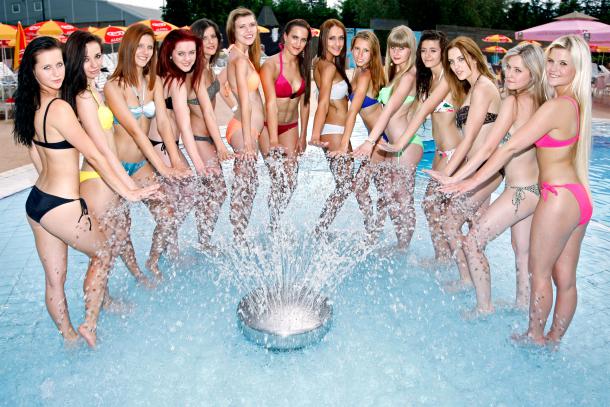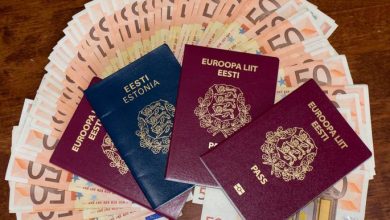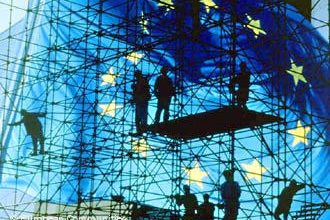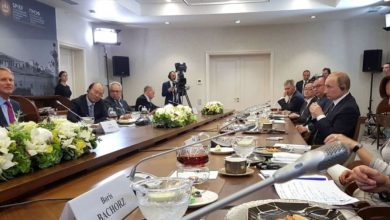Slovenia takes over the EU presidency
The EU presidency on the night of January 1 for the next six months until June 30 officially passed from Portugal to Slovenia.
Thus, the “steering” of a united Europe for the first time will be one of ten countries that joined the EU in May 2004. Outside this regional organization, Slovenia will be represented by French embassies during the chairmanship, Slovenian Foreign Minister Dmitry Rupel said earlier. We are talking about those countries in which this Balkan Republic has no embassies.
Representing in Brussels the main priorities of Slovenian politics as the EU presidency, Rupel emphasized that solving the problem of Kosovo’s status, seeking independence from Serbia, will be one of the main tasks for Ljubljana, expressing the hope that the Kosovo issue will be resolved during the Slovenian presidency.
According to the Slovenian Foreign Minister, the European Union believes that Kosovo is a European problem, not an American or Russian one, and therefore “the EU assumes this responsibility.” At the same time, he avoided a direct answer to the question about the possibility of the European Union recognizing Kosovo’s independence, saying: “We are ready to recognize the reality that exists in the Western Balkans.”
At the same time, the Slovenian Foreign Minister assured that the EU will implement UN Security Council resolution 1244. The EU has no other plan than the one proposed by UN Special Representative Marty Ahtisaari, which provides for Kosovo’s independence from Serbia under international control, the minister said.
However, he did not rule out that “EU members will have more productive ideas,” and also that Kosovo’s status will require an extraordinary meeting of the EU foreign ministers.
Answering the question whether the UN Security Council’s resolution complies with the EU’s decision to send its own civilian police mission to Kosovo, Rupel pointed to the already adopted NATO Council resolution, which provides for the possibility of a military presence in the province.
The Slovenian Foreign Minister also expressed the view that the UN mission should not be withdrawn from Kosovo, while the European presence there should be strengthened. Rupel said that on January 28 next year, a meeting of foreign ministers of 27 EU member states will be held to discuss the conditions and technical aspects of sending the EU mission.
As for Russia, according to the minister, Slovenia, as the EU presiding country, hopes that the mission of the OSCE Office for Democratic Institutions and Human Rights will monitor the presidential elections in the Russian Federation, and also intends to provide an “extremely clear” assessment their results.
This post is also available in:
 English
English  Русский (Russian)
Русский (Russian)





